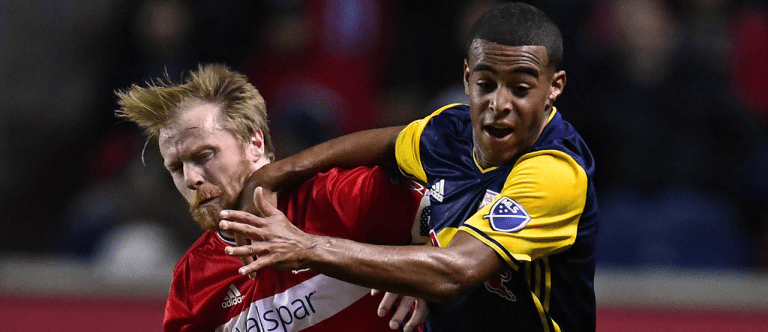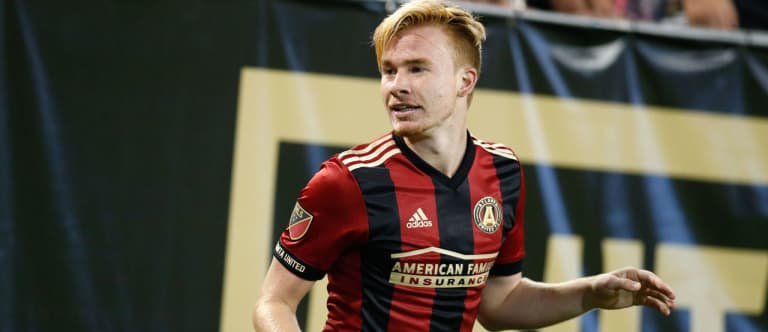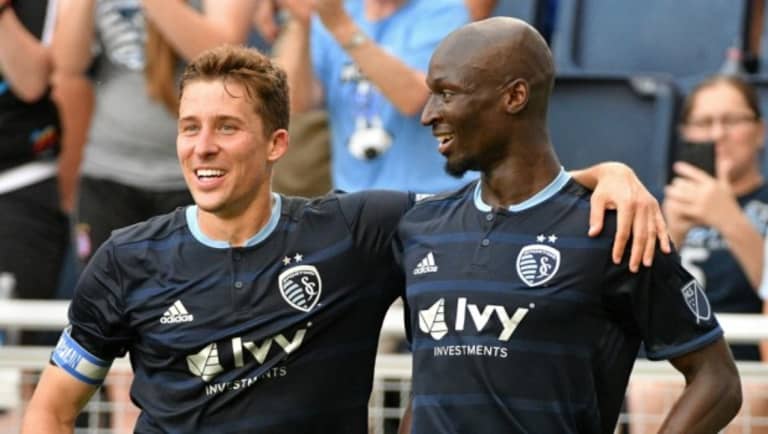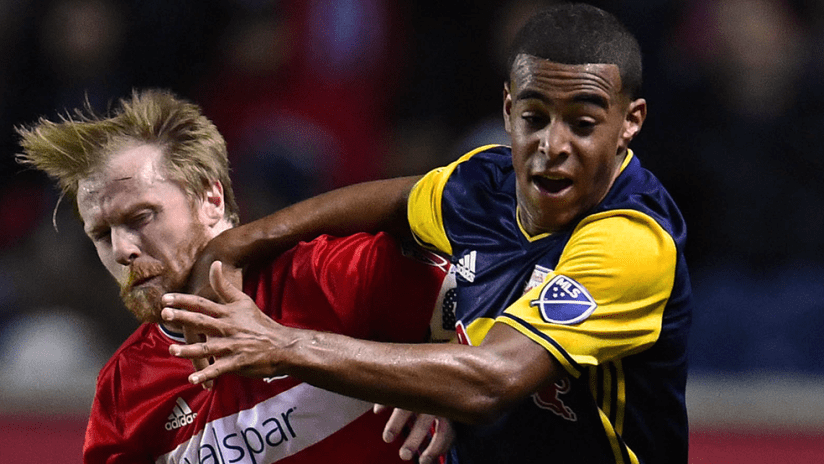MLS is back in two weeks – it’s time to make some predictions. I’m not brave enough to pick standings (Portland fans made sure of that), so let's try to ID some trends we could see in 2018.
Soccer reflects life, and life reflects soccer, so sometimes it’s best to break it down to the most basic human functions:
Thought. Fear. Desire.
Here’s what I think will happen this year, what I worry will happen, and what I want to happen.
THINK Games will start to take on unique identities. For most of MLS history, almost any two MLS games looked similar. Both teams entered the game with similar styles and mindsets. They pressed each other in the middle of the field and tried to score in transition. The variance began to appear around 2010 or so, but in 2018, it'll be next-level.
Two reasons:
First, parity may not be dead, but it’s decreasing. Toronto FC, NYCFC, Atlanta, as well as possibly Portland, Seattle and the LA Galaxy, could each dominate the ball for larger portions of the game than we’ve seen in previous eras. While the dominant Galaxy or Houston Dynamo teams of yesteryear could outplay their opponents, they rarely teased them around the field.
Toronto this year might actually torture opponents at BMO. I don’t see how some teams can go to Toronto, line up in the status quo and get a positive result. We should start to see more teams truly sit deep and wait for a counterattacking opportunity. One game on the weekend might look like an attacking/defending training exercise, while another game might be end-to-end.

Chicago's Dax McCarty battles Red Bulls midfielder Tyler Adams. | USA Today Sports Images
Second, a few clubs have started to build true identities. Jesse Marsch has his New York Red Bulls playing an energetic, get-to-the-goal-as-quick-as-possible style; Veljko Paunovic has the Chicago Fire assuming a we-dare-you-to-come-and-get-it pose; NYCFC and Columbus are always going to play flowing, interchanging soccer. You might no longer turn on an MLS game simply to watch a "game" – you could be tuning in to watch a certain type of game or style of play.
FEAR We are going to lose a year of development on a few promising young domestic players. Targeted Allocation Money (TAM) has undoubtedly raised the overall quality of the league, but it’s also made it tougher for young players to win minutes. Andrew Carleton, Chris Durkin, Ayo Akinola and Paxton Pomykal have each witnessed a new high-caliber international signing join their club at their position.

Atlanta United academy product Andrew Carleton. | USA Today Sports Images
I don’t want to see young players gifted minutes, but I also don’t want to see them get buried behind multiple people. It’s not about handing a younger player anything, but rather having a realistic pathway to ease him to the appropriate level. The farther a young player is down the depth chart, the tougher it is for not only the coach to validate putting him on the field, but also for the player to catch a lucky break.
WANT More players to show personality. Players are often tentative about stepping outside of the box, often wondering how they might get perceived, mostly by their coaches and teammates; they don’t want to be considered unfocused, or might worry about how they come across in interviews. They feel their best course of action is to keep their heads down and their mouths shut. I don’t blame any player for wanting to handle his business on the field first, but I’d certainly like to see guys express themselves more.
People don’t just turn on games to watch the sport – they tune in to watch the players. I don’t give a crap about basketball, but I’ll watch LeBron James every time he’s on national TV. LeBron is fun and engaging and feels like a real person. How many players in MLS can we say that about who aren’t in our home market? It’s not just that LeBron is "King James," it feels like LeBron is more than an athlete robot.
In postgame interviews, I hope to see players give answers beyond “We really battled as a group,” or “The ball just didn’t bounce our way.” I want players to give real answers. The more we know about a player and the more we can understand him and relate to him, the more likely we are to talk about him and cheer for him. Get on Twitter and Instagram and be a real person; don’t just pander and put up pictures of the training field and workouts.

Ike Opara (R) in a lighter moment with teammate Matt Besler. | USA Today Sports Images
Erstwhile Sounder Brad Evans gave Seattle fans a glimpse into his life via Instagram and the city fell in love with his dog, only adding to his status as an Emerald City legend. And Ike Opara didn’t have any qualms with voicing his displeasure over being left off last season's All-Star roster, and it added to his credibility with the "take-no-crap" SKC faithful.
MLS needs personalities in the playing ranks. My biggest wish for 2018 is that a few guys step up and give fans a new reason to turn on the TV.













